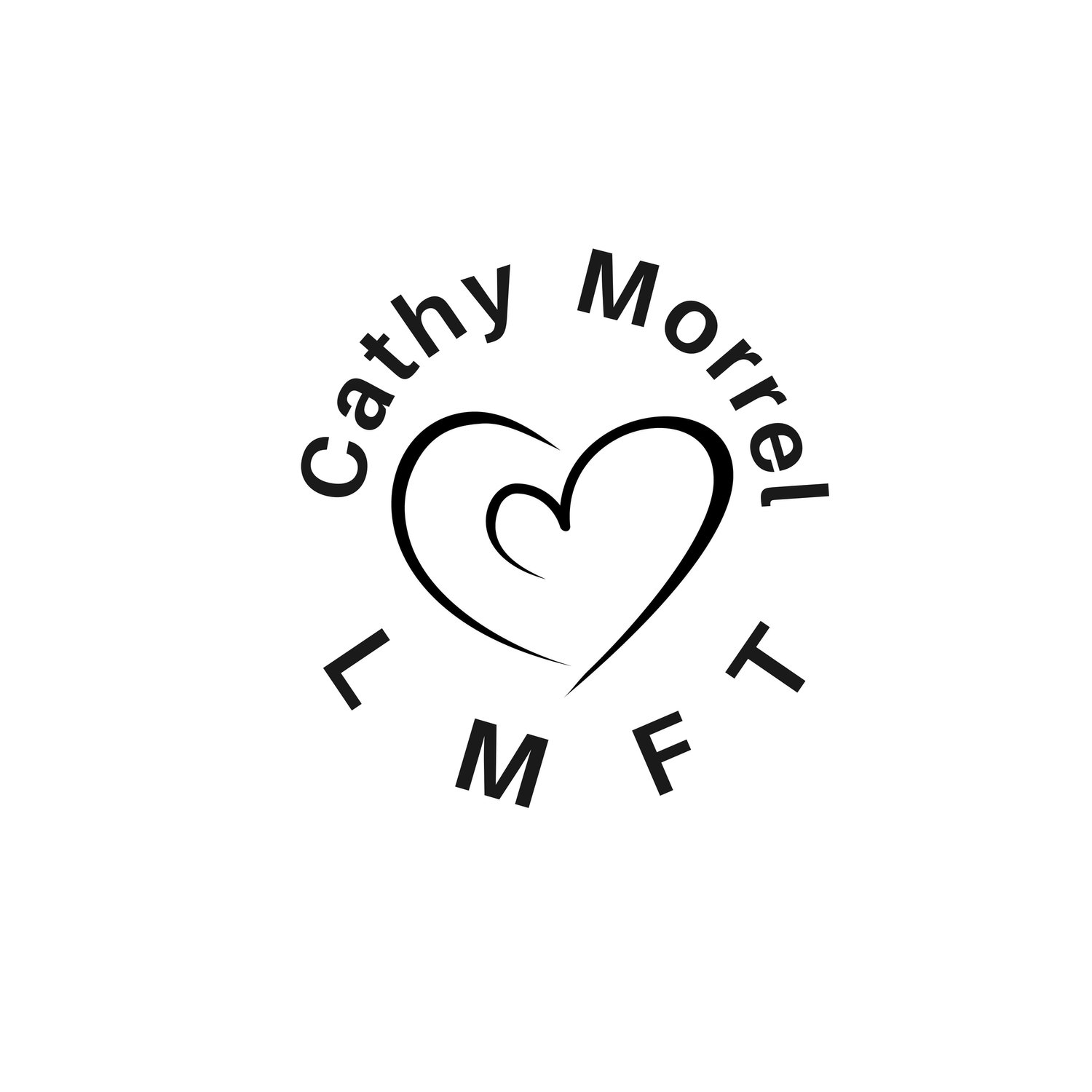Healing the Wounds
Healing the Wounds: Addressing Religious Trauma in the LGBTQIA+ Community
The intersection of religion and LGBTQIA+ identity is often a complex and sensitive topic, and it can give rise to religious trauma. Religious trauma occurs when an individual experiences distress, shame, or guilt as a result of religious teachings, beliefs, or practices that conflict with their sexual orientation, gender identity, or expression. As marriage and family therapists, it is essential to acknowledge and address religious trauma within the LGBTQIA+ community. In this blog post, we will explore the challenges faced by LGBTQIA+ individuals in relation to their religious backgrounds, delve into the impact of religious trauma on their mental health, and discuss strategies for healing, reconciliation, and empowerment.
The intersection of LGBTQIA+ identity and religious backgrounds can create a profound sense of conflict and confusion for individuals. Many religious traditions have doctrines or teachings that may condemn or reject non-heterosexual or gender nonconforming identities. This can lead to internalized shame, self-judgment, and a fractured sense of self for LGBTQIA+ individuals. Understanding this intersection is vital in providing compassionate and effective therapeutic support.
Religious trauma can have a significant impact on the mental health and well-being of LGBTQIA+ individuals. The experience of rejection, condemnation, or exclusion from their religious communities can result in feelings of isolation, self-doubt, and low self-esteem. The internalized messages of being inherently sinful or unworthy can lead to depression, anxiety, self-harm, and even suicidal ideation. The constant struggle to reconcile one's authentic self with religious teachings can be emotionally and psychologically distressing. Recognizing the impact of religious trauma is crucial in fostering healing and supporting the well-being of LGBTQIA+ individuals. Some of these strategies include:
Cultivating Self-Acceptance: Encouraging LGBTQIA+ individuals to explore and embrace their authentic selves is a critical step in the healing process. Supporting self-acceptance and self-compassion allows individuals to challenge the internalized messages of shame and guilt and foster a positive sense of identity.
Building a Supportive Network: Creating a sense of community and belonging is essential for healing from religious trauma. Facilitating connections with LGBTQIA+-affirming religious or spiritual communities, support groups, or therapy groups can provide a safe space for validation, shared experiences, and support.
Challenging Religious Shame and Guilt: Assisting individuals in examining and challenging the religious shame and guilt they have internalized is an important therapeutic endeavor. Providing a non-judgmental space where they can process their feelings, beliefs, and doubts can lead to a healthier and more empowered relationship with their spirituality or religious beliefs.
Exploring Spirituality Beyond Traditional Religions: Encouraging individuals to explore spirituality beyond traditional religious structures can be a healing journey. This may involve engaging with inclusive religious communities, exploring alternative spiritual practices, or developing a personal spirituality that aligns with their values and beliefs.
Seeking Reconciliation or Closure: Some individuals may find value in seeking reconciliation with their religious communities or engaging in dialogue with religious leaders. However, it is important to approach these processes with caution, as not all religious communities are affirming or ready for dialogue. Therapy can provide guidance and support in navigating these potentially complex conversations.
Integrating Therapeutic Approaches: Utilizing therapeutic approaches that address religious trauma, such as Cognitive-Behavioral Therapy (CBT), Acceptance and Commitment Therapy (ACT), or Narrative Therapy, can be beneficial. These approaches help individuals reframe negative beliefs, develop coping strategies, and construct a more empowered narrative that integrates their LGBTQIA+ identity and spirituality.
Advocacy and Education: Advocating for LGBTQIA+ inclusivity within religious communities and educating religious leaders and congregations about the impact of religious trauma is crucial. This can contribute to creating more accepting and affirming spaces for LGBTQIA+ individuals within religious contexts.
Addressing religious trauma within the LGBTQIA+ community requires a compassionate and affirming approach. By understanding the intersection of LGBTQIA+ identity and religion, recognizing the impact of religious trauma on mental health, and employing strategies for healing and reconciliation, we can support individuals on their journey towards self-acceptance, empowerment, and spiritual well-being. Let us continue to strive for a world where LGBTQIA+ individuals can reconcile their identities with their spirituality and find healing, authenticity, and peace.

